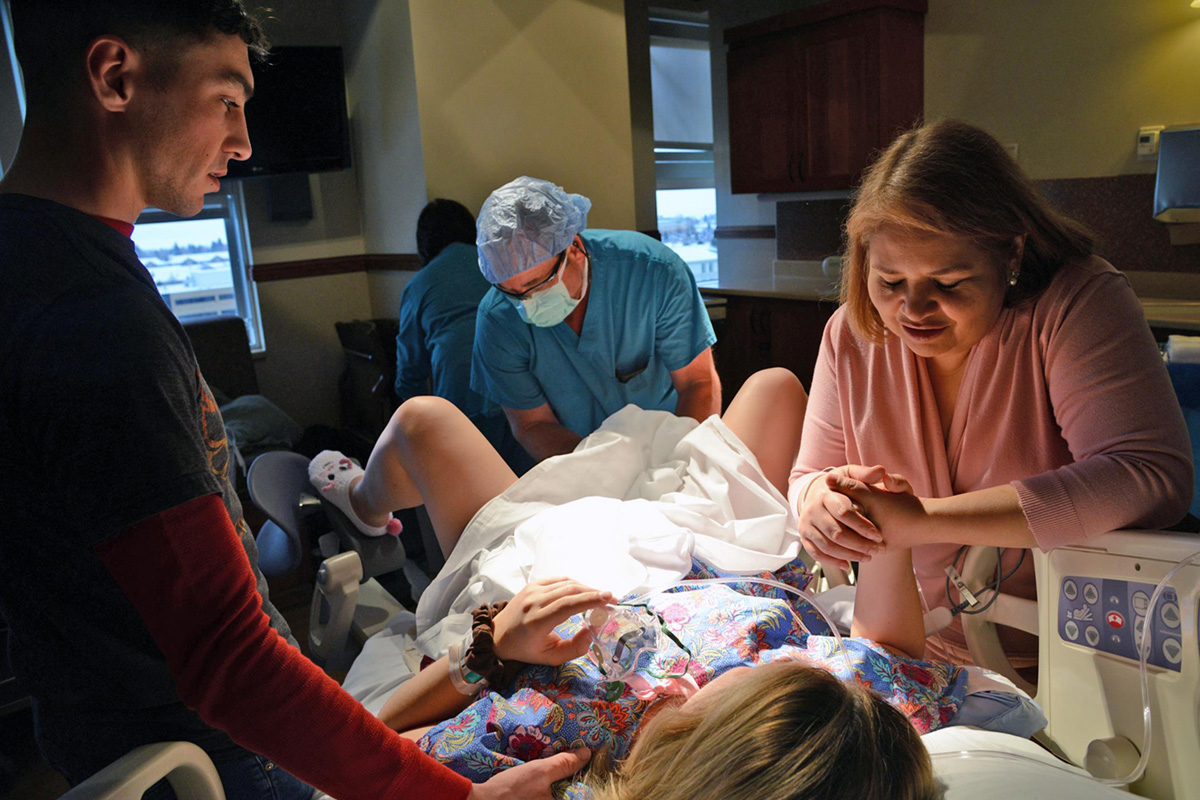
Surrogacy Law Characteristics
Surrogacy is quite a complex legal issue, since there is the plenty of room for incorrectness and disobedience during these procedures. In the US, this phenomenon is regulated differently in different countries. Therefore, surrogacy is completely banned in Arizona and the District of Columbia, while North Dakota and Washington are picky on the issue, allowing some cases, yet disallowing others. Furthermore, there are voids in Nebraska, Indiana, Louisiana and Kentucky, while these voids are combined with penalties for some cases in New York and Michigan. All in all, there are different attitudes towards the whole question of surrogacy. However, in California, there is an unwritten law which recognizes surrogacy and accepts it in most cases. Yet, the situation is still disappointing due to certain countries banning surrogate contracts altogether. Moreover, this issue is present in many other countries around the world, being treated differently and with various reactions, both from the public and from the will of the law.
India Facing an Important Decision
There is a surrogacy law in India. Even though this law is still in a form of draft, it is only a matter of time when it will face the officials and be given a chance. This law contains guidelines for forming a surrogate contract, noting what can and what cannot be done during the process.
Thereby, the contract may be formed solely between the biological parents and the surrogate. A surrogate mother must register in the facility, the clinic, where the child will be born, as a surrogate mother she is, administering all the necessary papers and information. Once the child is born, its birth certificate will carry its biological parents' names.
As for the expenses of the whole medical procedure of the biological parent, surrogate parents are supposed to take care of them. Nevertheless, they may have an agreement with the biological parents and decide to carry this outdifferently.
Additionally, donors cannot be surrogates in any respect. Therefore, they must give away all their rights in written form beforehand. This also goes for the biological parents, since they also need to give away all of their rights.
Any assisted conceptions may be possible only if the parents are absolutely incapable of having a child on their own. What is more, the surrogate mother may not be older than 45. Also, she needs to be tested for HIV and other diseases before the embryo transfer takes place. Furthermore, one woman may be a surrogate mother only three times during her lifetime.

















Your thoughts on this
Loading...